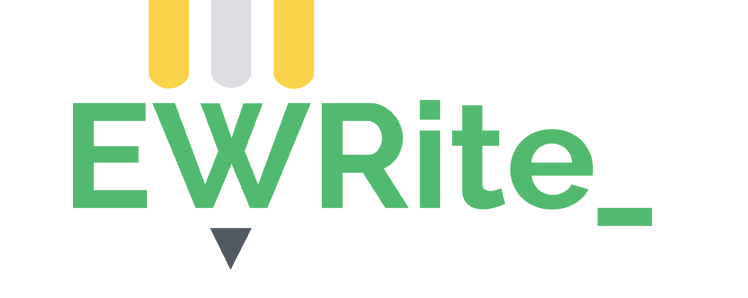3. How do we write reflective essays?
Understanding the assignment
Read your assignment guidelines carefully to determine which kind of reflections your lecturer wants and what they expect; and what content, such as an event, experience, reading or process, your lecturer wants you to reflect on.
Structuring your essay
A reflective essay typically follows the familiar organisational pattern: Introduction – Body Paragraphs – Conclusion. In the body paragraphs, reflective writing involves a number of formats, and this guide will sugguest a DIEP approach, that is, to describe, interpret, evaluate and plan (Boud et al., 1985).
· Introduction
o Introduce the topic and the scope (What?)
o Justify the topic (Why?)
o Present the purpose of your essay (Thesis statement)
o Give an overview of what you will cover, i.e., description, interpretation, evaluation and plan (How?)
· Body Paragraphs (DIEP)
o Describe objectively what happened
v Give the details of what happened (Include the necessary who, what, when, where, how and why. You may not need to recall the whole experience, e.g., an incident/ lecture/ reading, but just a key aspect of the experience itself.)
v Answer: “What did you do, read, see, hear, etc.?”
o Interpret what happened
v Explain why things happened in the way they did
v Answer: “What might this experience mean?”
v Answer: “How did it make you feel?”
v Answer: “How does it relate to what you know/ have learned?”
v AbswerL“What new insights have you gained from it?”
v Answer: “What are your hypothesis/ conclusions?”
o Evaluate the effectiveness of the experience
v Make judgments on whether the experience is effective for you and how beneficial and useful the experience has been
v Answer: “What is your opinion about this experience?”
Answer: “Why do you have this opinion?”
Answer: “What is the value of this experience?”
Answer:
o Plan how this experience might help you in the future
v Outline a plan for how the experience may impact your thinking or behaviour in your course, programme, future career and life in general
v Answer: “How will you transfer or apply your new knowledge and insights in the future?”
v Answer
· Conclusion
o Restate your thesis statement
o Summarise the main ideas of the body paragraphs
o State your overview of the experience regarding its usefulness and effectiveness for you and your future
About this website
EWRite is an open access online literacy platform for PolyU community that has two major objectives:
- to support PolyU students’ literacy development within and across the disciplines
- to support subject and language teachers to implement system-level measures for integrating literacy-sensitive pedagogies across the university
This platform provides access to generic genre guides representing typical university assignments as well as links to subjects offered by faculties with specific disciplinary genres and relevant support materials.
The materials can be retrieved by students by choosing the genres that interest them on the landing page. Each set of materials includes a genre guide, genre video, and a genre checklist. The genre guide and video are to summarize the genres in two different ways (i.e. textual and dynamic) to fit different learning styles. The genre checklist is for students to self-regulate their writing process. The genre guide and checklist include links to various ELC resources that can provide further explanation to language items (e.g. hedging and academic vocabulary).
The platform also acts as a one-stop-shop for writing resources for students, language teachers and subject leaders. Information about the English Writing Requirement policy can also be found on this platform. There are training materials for new colleagues joining the EWR Liaison Team.


